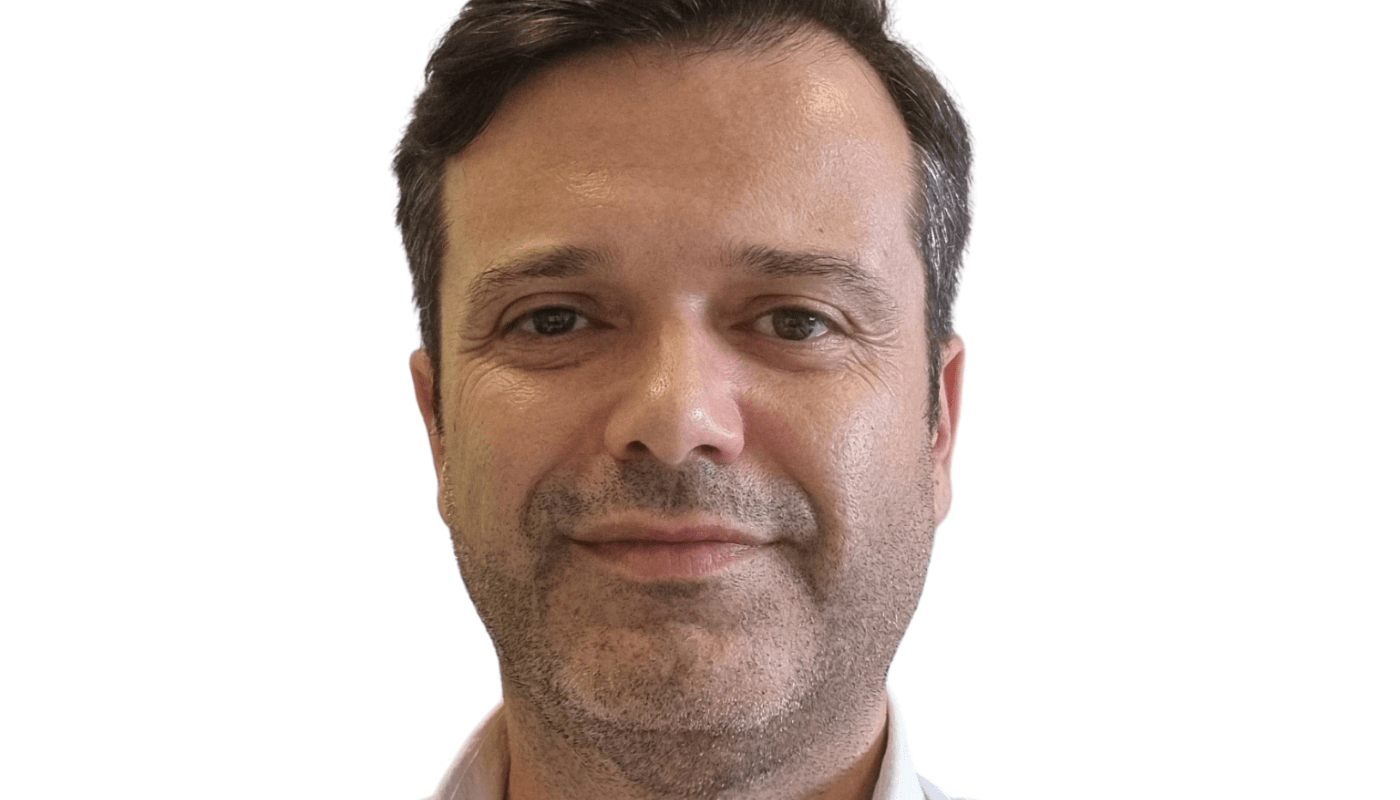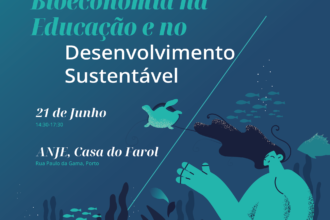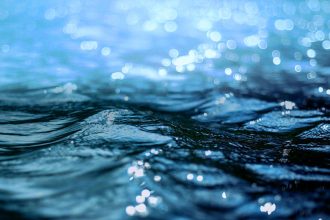The Ocean Post – Editorial Jan-Mar 2022
Blue Food Ecosystems
Food security can be defined as a measure of the access that people have to food. However, this access to food must be interpreted not only in terms of accessibility, but also in terms of affordability. Food security is therefore paramount for any nation to prosper and thrive. Nations that more heavily rely on food imports to safeguard their food security are certainly more vulnerable to crises triggered by financial or energetic issues, as well as political tensions and conflicts between nations. These scenarios easily disrupt food supply chains and end-up impacting food security negatively. The ongoing crisis ignited by the conflict in Ukraine can severely impact Portugal’s food security, namely on what concerns blue foods – protein sources of aquatic origin. While an avid consumer of blue foods, Portugal remains highly dependent on imports to fulfill its domestic demand. From codfish to salmon, to most of the seabass and seabream sold in Portugal, along with shrimp and other shellfish, our country relies on imports to safeguard reasonable levels of food security. With energy costs peaking at record levels, production costs and logistics will continue to increase and drive the price of blue foods upwards. The sharp increase in the price of raw materials used in formulated feeds (e.g., cereals) employed in fish farming will further compromise the affordability of blue foods. It is therefore paramount to enhance the resilience of blue food ecosystems in Portugal. While one must support those already in place that sustain existing supply chains, one must also promote innovative business models that allow harnessing the full potential of blue foods. The production of blue foods must therefore become a national priority, as a nation needs, more than ever, to safeguard its food security! B2E already stepped up to this challenge and will continue to pursue this goal towards the production of accessible and affordable blue foods “made in Portugal”.
Ricardo Calado
Principal Researcher at University of Aveiro
Director of B2E CoLAB





